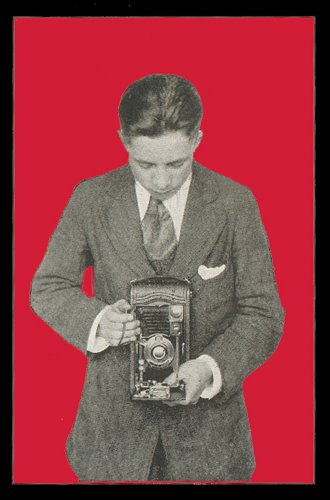
by Polly Bresnick
Etta James, who passed away last week, could not only sing with searing soul that simultaneously strikes fear and sorrow and strength into the hearts of anyone who hears her voice, but she also bridged the gap between R&B and Rock & Roll back when people were still impressed by that kind of feat, way back when a band of light-skinned black girls was called the "Creolettes," way back when the song title "Roll With Me Henry" was so suggestive for a fourteen-year-old girl to sing, that the title was changed for the radio. Her songs have helped me muscle through serious heartsickness, and her signature wolf/owl howl/hoot grace notes give me chills even though I know each one by heart. I won't go into her haunting and solemn vocal opening to a performance of "Something's Got a Hold On Me" in 1966 on a television show called The !!!! Beat. And don't even get me started about all her songs about being heartbroken at a wedding and desperately wishing to speak now instead of forever holding her peace.
She was 73 years old, mentally and physically ill, but her death was a strange thing in my mind. Each time I listen to her soul-wringing, tear-salted mournfully lonesome rants it sounds a bit like the intimate sound of someone dying a little death, having a petit mort, an orgasm or paroxysm or all of the above. Her songs so convincingly chronicle her experience of emotional murder by loves who left her — got married or cheated or lied or didn't listen or didn't trust her or just didn't love her back — that in my mind, she died and revived enough times to achieve immortal status. This isn't to say that I didn't feel sad to learn she'd died. I did, a nagging bit of sad, like a pebble in my boot. I hadn't been following her later career very closely. I only knew she'd recently released an album because my father asked for it for his birthday. What she did with her voice and her soul when it was still so street, so raw and ambitious and broad, like her life actually depended on getting the pain out — "W.O.M.A.N.," "I'd Rather Go Blind," "All Could Do Was Cry," "Stop the Wedding," "Something's Got a Hold on Me" — these are the songs that go and put a hurtin' on me. But, when Etta died, a friend pointed out to me a late-career recording of her cover of Alice Cooper's "Only Women Bleed." Admittedly, it caught my ear initially for what I thought to be it's absurdity. But then it lingered.
Maybe I'm being an overly sensitive post-post-feminist, but I hear an interesting note of old-fashioned chauvinism in the opening lines of this track: "Man's got his woman / to take his seed, he's got the power / she's got the need." It quickly becomes clear, though, who's side this song is on. Etta's version is a pained and sweating, R&B/gospel, unsentimental sermon/anthem for abused women, while Alice Cooper's (especially next to Etta's) sounds more like a soundtrack for a domestic violence PSA or a commercial for a charity to help battered women in inner city Detroit. Etta owns the lower register of this song with rumbling force that is bigger and louder and more convincing than any garden-variety "girl power" or feminism, the surface of which Alice Cooper seems to be attempting to scratch with his wimpy and predictable smooth rock growl-harmonize-falsetto-hook-bridge-jam. Etta James breathes life into the song's disturbing subject matter with more bone-rattling truth and with more survivor's spirit than Alice Cooper (or perhaps any other singer for that matter) can.
I like thinking about how in the weird world she ever came across the song. It makes me think she was more open-minded about music than I might have thought. Maybe she heard it on the car radio. Or maybe someone at Betty Ford played it on the boombox in the common room. Or maybe her manager was friends with Alice Cooper's manager. However she found her way to those lyrics, it doesn't shock me that, once she heard them, she understood she'd sing them. Her songs bring you back to times the world opened up beneath you, and you fall in with her, but then her voice finds your hand in the deep darkness and yanks you up to where you find a sturdy stone to grip at the edge of the crevasse. Her voice and that stone save you from falling every time. She was an expert on bleeding women. I'm glad she found this song. She found its truer cry.
I like to believe she succeeded at this because she felt she had sung out so much pain that she'd begun to channel the collective pain of all women. She drank the sorrow and carried it inside of her, bore the burden on behalf of all women who didn't think we were pretty or lovable or didn't think we deserved to be treated like shit and knew exactly how it felt, but didn't quite know how to vocalize those feelings until Etta did it, and we all said, "YES!" and we maybe even said, "YES, GIRL!" and sometimes we whispered, "Sing it," and, "Mmmhhmm," and other times we were without words because our breath had been taken away by the glowing truth bleeding out of the voice pouring out of Etta's lungs and through our speakers and into our ears and deep down into our souls which were healed, if only for a short time, if only until the end of the song.
Download:
"Only Women Bleed" mp3
by Etta James, 1999.
available on Heart of a Woman












